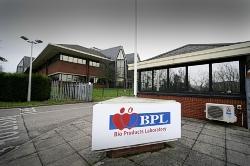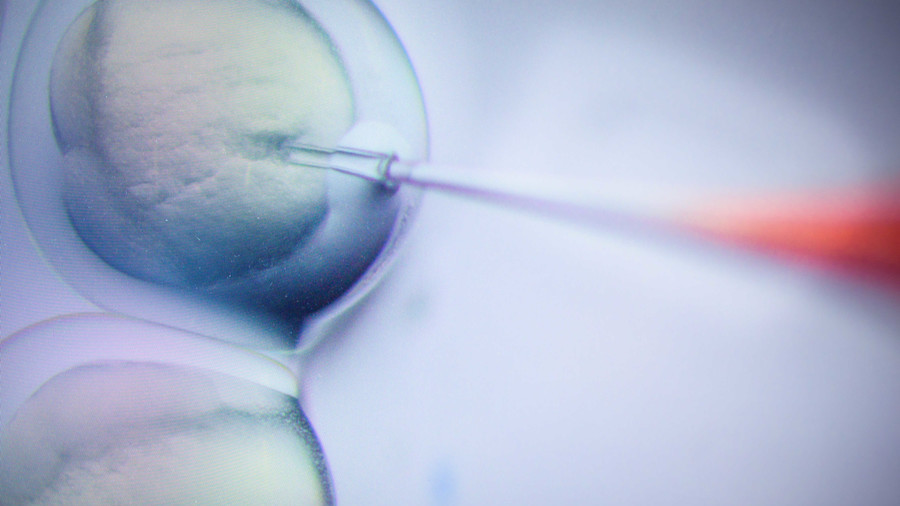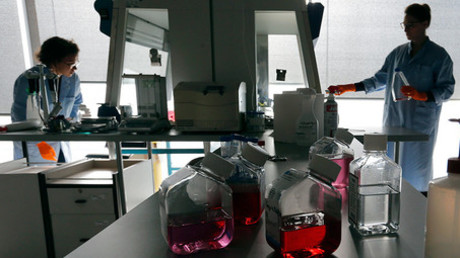Working long and hard

Photo: Contributed
Yiyang Shen and Wei Liu came to Canada in search of a life that was more balanced between work and play and less interference. “It sounded to me to be more fair and more open-minded. You can speak your mind without fear of offending your boss or a friend,” explains Yiyang. They took the advice of a friend who recommended the Okanagan.
The couple met while attending university in the United Kingdom in 2010. Three years later they married and immigrated to Canada in April 2016.
They first settled in Okanagan Falls where a friend invited them to stay. They had trouble adjusting to the wide open spaces. “The town I come from in China has about five million people. Okanagan Falls has two or three thousand. So, I didn’t see many people. It took me a while to adjust to that kind of situation,” says Yiyang.
Wei loves the tranquility of Canada. “I was saying to my wife the other day. This is the first time in a while that I’ve been able to hear the crickets chirping before I fall asleep.” It reminds him of his childhood, growing up in China. His family lives in a northern town.
Wei is working as a translator at Phantom Creek Estates Winery in Oliver. Wei says one of the many attractions of working at the winery is the mix of different cultures.
“Our team is very international and diversified: Canadian, German, Austrian, Kiwi, Portuguese and Chinese. All team members are all very knowledgeable with listening ears, which definitely helps with our internal communications while working together toward our shared goals,” he says.
Because they have a small start-up team Wei has taken the opportunity to learn about the wine industry. He’s done everything from planting the grapes to harvesting them. “I’m not required to do so but I think it’s helpful just to gain more knowledge — hands-on experience. I like to learn something new all the time — that’s why I took this job. I didn’t shy away because it was something I had never done before. I’m always ready to take on new challenges.”
Yiyang also found work initially, in the wine industry. She worked at the Burrowing Owl Winery. “I really enjoyed that work. It was the first time I worked in that industry. It was a positive experience because most of the customers are there for a holiday. So, the time you spend with them is very pleasant.”
But it’s working with a law firm that Yiyang has gotten the most fulfillment. The firm does a lot of probate work with estate settlements. She has a lot of empathy for her clients and does her best to help them through their situation. “When I do the paperwork, I don’t see it as just doing paperwork. I’m trying to put our clients at ease. I am very careful about doing my work because I don’t want to send documents to the courts and have them sent back because they weren’t done properly — then the clients have to wait a longer period of time to have the process completed. I want to give them peace of mind.”
It’s not just the survivors that Yiyang has compassion for. She also thinks of the loved one that they lost. “When I see the death certificate, when I see previous bank statements, or even just their signature, I feel connected to those people. I want to know their life story.”
The couple says their immersion into Canadian culture has been largely a positive experience. They know there is some resistance to immigrants but they haven’t experienced any of it.
“I know, as Chinese, we are different from Canadian culture which might be misunderstood. I know that we have some habits some might consider offensive but overall, I feel we are all the same. We believe in love. We believe in working hard. We believe in people taking care of each other. We share a lot of basic values and beliefs. So, I hope people can be more open-minded. I hope people will see the benefits that all immigrants bring to Canada,” Yiyang says.
[I dont believe them one bit..me]








